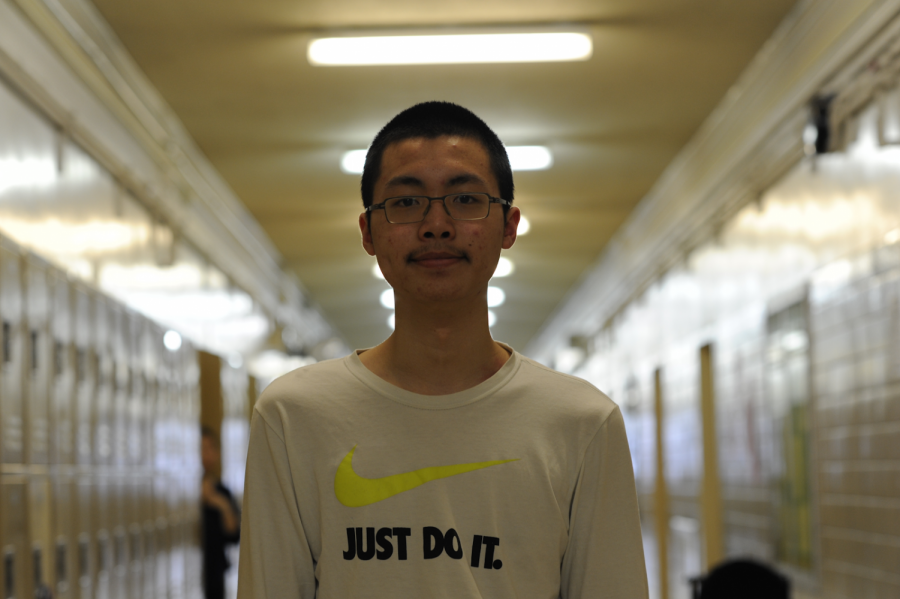YouTube’s Rocky Start
Nelson Zheng supports supervision over young children who are allowed to watch YouTube.
YouTube is a free video-sharing website containing cat videos, three hour long documentaries, and everything in between. It has always been run by complex algorithms that no one but the company itself fully understands. It has been thought that the algorithm is designed to recommend videos that people would want to see.
However, it appears that more and more disturbing videos are being pushed onto viewers as of late. This distressed parents in 2017, as YouTube Kids, a YouTube app designed to only show content made for children, had a flood of disturbing videos passing their filter and being recommended. Many of these videos make jokes about serious topics, using popular cartoon characters as actors to ‘click-bait’ young viewers. These cruel cartoon parodies still run rampant, with no one flagging them down from the YouTube Kids app.
“YouTube is a popular platform for sure because it allows people to freely post content, but children cannot go on YouTube unsupervised because there is always the off chance of them finding something inappropriate.”
YouTube has recently announced that it will be hiring thousands of people to review and flag down videos on their site in 2018, something that has never been implemented before. As people are beginning to migrate from television to viewing everything on YouTube and other sites, it is important that what can be viewed by younger audiences is monitored and judged.
“YouTube is a popular platform for sure because it allows people to freely post content, but children cannot go on YouTube unsupervised because there is always the off chance of them finding something inappropriate,” said Nelson Zheng ’19. Because the producers of YouTube content are not monitored and can upload anything that they want, the only way to censor anything on the Internet is a post review, rather than the mid-production warnings that go into television shows during script-writing, filming, and editing.
Although it is not quite known how YouTube’s algorithm works, it is known that the videos recommended to viewers are not necessarily videos that the viewer would like to watch. It instead recommends videos that will make the viewer stay on the YouTube site longer; rabbit-hole videos that incline the viewer to click on other videos after to get more information.
Controversial videos are recommended simply because they are interesting, subjective, and cause an emotional response within the YouTube community, forcing other YouTubers to make reaction videos. The never-ending cycle of content is what YouTube wants viewers to become trapped in, but this attempt to drive traffic has caused many families to become upset with the platform.
Until YouTube is able to fix these issues and get real monitoring on the site, adults and siblings should help in monitoring and restricting the viewing capabilities of the younger members of their family. Hopefully, these new video reviewing jobs will help YouTube to recover from this harsh beginning to 2018.
Jason Cheung is a News Section Editor for ‘The Science Survey’ and a People Section Reporter for ‘The Observatory.’ He enjoys doing journalistic...
Nuzat Zaman is a Senior Staff Reporter for ‘The Science Survey’ and the Groups Section Editor for ‘The Observatory.’ Before writing an article,...

